Home>Garden Essentials>How To Make Citrus Soil Mix
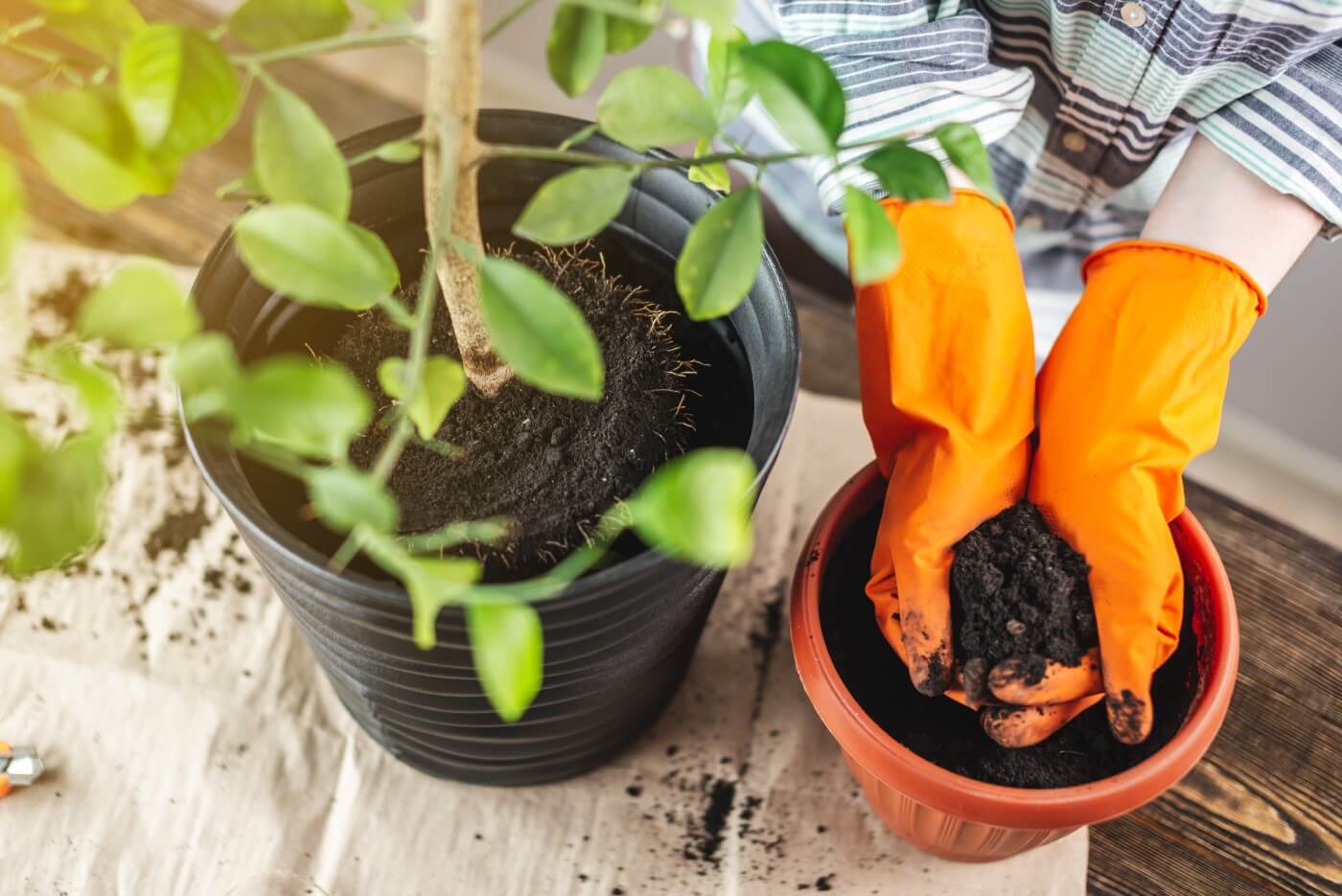

Garden Essentials
How To Make Citrus Soil Mix
Modified: May 6, 2024
Learn how to create the perfect citrus soil mix for your garden. Discover the best tips and tricks to ensure healthy and thriving citrus plants.
(Many of the links in this article redirect to a specific reviewed product. Your purchase of these products through affiliate links helps to generate commission for Storables.com, at no extra cost. Learn more)
Introduction
Welcome to the world of citrus plants! Whether you’re a seasoned gardener or a beginner looking to start growing citrus trees, one essential element for their success is the right soil mix. The quality of the soil plays a vital role in providing the necessary nutrients, drainage, and root aeration that citrus trees need to thrive. In this article, we will explore the benefits of using a citrus soil mix, the ingredients required to create it, and the steps to make your own blend. Let’s dig in!
Key Takeaways:
- Creating a citrus soil mix provides essential nutrients, drainage, and aeration for healthy citrus plants. It prevents overwatering, suppresses weeds, and reduces the risk of pests and diseases, leading to vibrant fruit production.
- To make citrus soil mix, gather ingredients like potting soil, sand, peat moss, perlite, compost, Epsom salt, and pH adjuster. Follow the steps to mix them in the right ratios and use the mix effectively for optimal citrus growth.
Read more: How To Make Potting Soil Mix
Benefits of Using Citrus Soil Mix
Using a well-balanced citrus soil mix offers numerous advantages for the health and productivity of your citrus plants. Here are the key benefits:
- Optimal nutrient availability: Citrus trees have unique nutrient requirements, and a specially formulated citrus soil mix ensures that these needs are met. It provides a balanced combination of essential elements like nitrogen, phosphorus, and potassium, promoting healthy growth and vibrant fruit production.
- Improved drainage: Citrus trees dislike standing water, and their roots can suffer from overwatering. A citrus soil mix allows for better drainage, preventing excess moisture around the root zone and reducing the risk of root rot or fungal diseases.
- Enhanced root aeration: Citrus trees thrive when their roots receive proper air circulation. A well-draining citrus soil mix helps in creating a loose and airy environment, allowing oxygen to reach the roots and facilitating nutrient uptake.
- Suppressed weed growth: Weeds can compete with citrus trees for essential nutrients and water. A well-maintained citrus soil mix with proper mulching helps to suppress weed growth, giving your citrus plants a competitive edge.
- Reduced nutrient leaching: Citrus plants require regular feeding to meet their nutritional demands. A citrus soil mix with good nutrient-holding capacity minimizes nutrient leaching, ensuring that essential elements remain available to the plants for a longer duration.
- Prevention of pests and diseases: Healthy soil is the foundation for healthy plants. A properly balanced citrus soil mix encourages robust plant growth, making your citrus trees more resistant to pests and diseases.
By using a citrus soil mix, you are setting the stage for your citrus plants to reach their maximum potential, ensuring optimal nutrition, proper drainage, and healthy root development. Now let’s take a look at the ingredients you’ll need to create your citrus soil mix.
Ingredients You Need for Citrus Soil Mix
Creating a citrus soil mix requires a careful selection of ingredients to provide the ideal balance of nutrients and drainage. Here are the key components you’ll need:
- High-quality potting soil: Start with a base of well-draining, loamy potting soil. Look for a mix that is specifically formulated for citrus plants or has a good balance of organic matter and perlite or vermiculite for proper aeration.
- Coarse sand: Adding coarse sand helps to improve soil drainage and prevent compaction. Look for coarse sand with particles that are around 1/8 to 1/4 inch in size.
- Peat moss or coconut coir: These organic materials improve water retention in the soil mix while still allowing excess water to drain away. They also provide some added acidity, which is beneficial for citrus plants.
- Perlite: Perlite is a lightweight volcanic mineral that helps to improve aeration and drainage in the soil mix. It prevents the soil from becoming too compacted and allows the roots to breathe.
- Compost or well-rotted manure: Adding compost or well-rotted manure enriches the soil with organic matter and provides a slow release of nutrients. It improves soil structure and fertility over time.
- Epsom salt: Epsom salt, or magnesium sulfate, is a great supplement for citrus trees. It provides magnesium to prevent nutrient deficiencies and enhance fruit quality.
- Pine bark or wood chips: Incorporating pine bark or wood chips into the soil mix helps to improve drainage and provides a slow release of nutrients. It also adds a rich aesthetic appeal to the container or garden bed.
- pH adjuster: Depending on your water source and existing soil pH, you may need to adjust the pH level of the soil mix. Use a pH adjuster like dolomite lime to bring the pH to the optimal range of 6.0 to 7.0 for citrus plants.
By combining these ingredients in the right proportions, you can create a nutrient-rich, well-draining citrus soil mix that will provide an ideal growing environment for your citrus plants. Now, let’s move on to the steps to make your citrus soil mix.
When making a citrus soil mix, use a well-draining potting mix that is slightly acidic. Add perlite or sand to improve drainage, and incorporate organic matter like compost to provide nutrients for the citrus plants.
Steps to Make Citrus Soil Mix
Creating a citrus soil mix is a straightforward process that involves combining the right ingredients in the correct ratios. Follow these steps to make your own citrus soil mix:
- Gather your ingredients: Collect all the necessary ingredients, including potting soil, coarse sand, peat moss or coconut coir, perlite, compost or well-rotted manure, Epsom salt, pine bark or wood chips, and pH adjuster.
- Choose a mixing container: Use a clean container, such as a large bucket or wheelbarrow, to mix the ingredients. Ensure that it is large enough to hold all the components and allow for easy mixing.
- Measure the ingredients: Before adding the ingredients to the mixing container, measure them out in the appropriate ratios. A common ratio for a citrus soil mix is 3 parts potting soil, 1 part coarse sand, 1 part peat moss or coconut coir, 1 part perlite, 1 part compost or well-rotted manure, and a handful of pine bark or wood chips for every gallon of soil mix.
- Add the ingredients: Start by adding the potting soil to the mixing container. Gradually add the other ingredients one by one, ensuring an even distribution throughout the mix. Use a garden trowel or gloved hands to thoroughly blend the ingredients together.
- Adjust the pH: If necessary, add the pH adjuster (such as dolomite lime) to the soil mix based on the recommended application rate. Mix it well to ensure even distribution and allow it to react with the soil over time.
- Test the moisture content: Check the moisture level of the soil mix by taking a handful and squeezing it gently. It should hold its shape without dripping water but should crumble easily when lightly pressed. Adjust the moisture content by adding water if it feels too dry or more dry ingredients if it is too wet.
- Store or use the soil mix: Transfer the citrus soil mix to a clean, airtight container or use it immediately to pot your citrus plants. If storing, keep the container in a cool, dry place to maintain the quality of the soil mix for future use.
With these simple steps, you can make a customized citrus soil mix that nourishes your plants with the right balance of nutrients and promotes optimal growth. Now, let’s move on to some additional tips for using citrus soil mix effectively.
Tips for Using Citrus Soil Mix
Once you have prepared your citrus soil mix, there are a few tips to keep in mind to ensure its effectiveness and maximize the health of your citrus plants. Consider the following tips:
- Choose the right container: When planting citrus in containers, make sure to select pots or containers with good drainage holes to prevent waterlogged soil. This allows excess water to escape and prevents root rot.
- Monitor watering needs: Citrus plants prefer well-drained soil, so it’s important to water them properly. Let the soil dry out slightly between waterings to prevent overwatering. Water thoroughly and deeply, ensuring water reaches the entire root zone.
- Fertilize regularly: Although the soil mix contains organic matter, citrus plants have high nutrient requirements. Supplement the soil mix with regular applications of a balanced citrus fertilizer to provide the necessary nutrients for healthy growth and fruit production.
- Protect from extreme temperatures: Citrus plants are sensitive to extreme cold or heat. If you live in a region with harsh winters, protect your citrus trees by moving them indoors or providing insulation. In hot climates, provide shade during peak sun hours to avoid scorching.
- Prune judiciously: Regular pruning helps maintain the shape and size of your citrus tree and encourages proper airflow. Prune any dead or diseased branches promptly, and remove any weak or crossing branches to promote a stronger structure.
- Monitor for pests and diseases: Keep a close eye on your citrus plants for signs of pests, such as aphids or scale insects, as well as diseases like citrus canker or citrus greening. Take immediate action if you spot any issues, using organic pest control methods or seeking professional advice if required.
- Replenish the soil mix: Over time, the nutrients in the citrus soil mix may become depleted. Consider top-dressing the soil with compost or applying slow-release organic fertilizers to replenish the nutrients and maintain soil fertility.
Following these tips will help you optimize the use of your citrus soil mix and ensure the healthy growth and productivity of your citrus plants. Now, let’s wrap up our discussion.
Read more: How To Make Soil Mix For Cactus
Conclusion
Creating and using a citrus soil mix is a vital step in providing the optimal growing conditions for your citrus plants. By understanding the benefits of using a citrus soil mix and following the steps to create your own blend, you can ensure that your citrus plants receive the right balance of nutrients, drainage, and root aeration.
A well-balanced citrus soil mix offers several advantages, including optimal nutrient availability, improved drainage, enhanced root aeration, suppressed weed growth, reduced nutrient leaching, and prevention of pests and diseases. These benefits contribute to the overall health and productivity of your citrus plants, allowing them to thrive and produce abundant, flavorful fruits.
Remember to gather the necessary ingredients, including high-quality potting soil, coarse sand, peat moss or coconut coir, perlite, compost or well-rotted manure, Epsom salt, pine bark or wood chips, and a pH adjuster if needed. Follow the steps to mix the ingredients in the correct ratios, ensuring proper drainage and nutrition for your citrus plants.
Additionally, keep in mind the tips for using citrus soil mix effectively. Select the right container, monitor watering needs, fertilize regularly, protect from extreme temperatures, prune judiciously, monitor for pests and diseases, and replenish the soil mix as needed. These practices will promote healthy growth, vibrant fruit production, and the long-term success of your citrus plants.
Now that you have the knowledge and guidance to create and utilize a citrus soil mix, it’s time to get your hands dirty and start growing your own citrus paradise. Enjoy the process, the fragrance of citrus blossoms, and the satisfaction of harvesting juicy, delicious fruits from your very own trees.
Happy gardening!
Now that you've mastered creating the perfect citrus soil mix, why not enhance your garden's appeal with some stylish boundaries? Dig into our guide on garden fence ideas, where you'll find creative solutions to add charm and privacy to your outdoor space. Whether you're looking for a simple picket fence or something more elaborate, these ideas will surely spruce up your garden.
Frequently Asked Questions about How To Make Citrus Soil Mix
Was this page helpful?
At Storables.com, we guarantee accurate and reliable information. Our content, validated by Expert Board Contributors, is crafted following stringent Editorial Policies. We're committed to providing you with well-researched, expert-backed insights for all your informational needs.
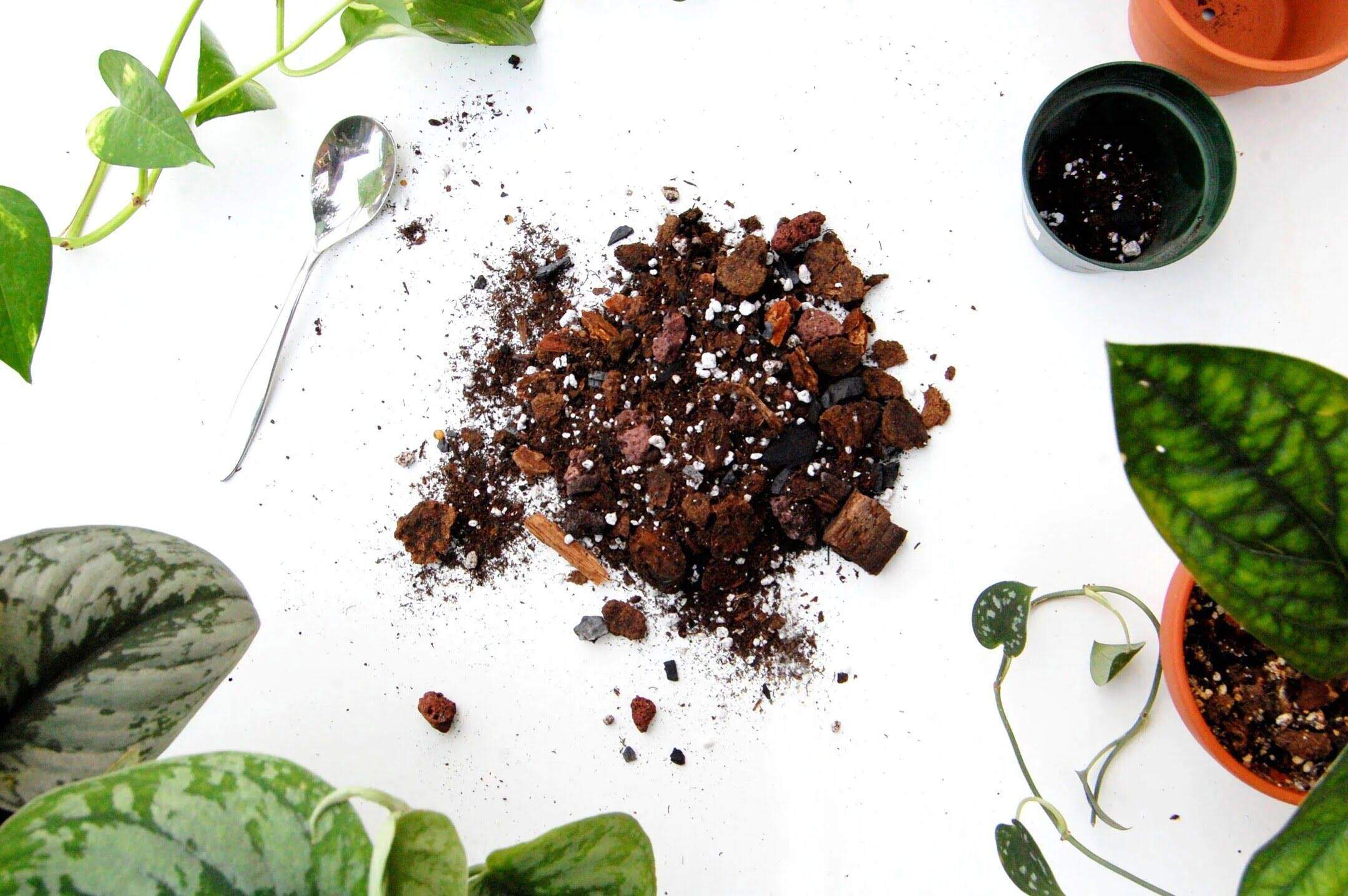
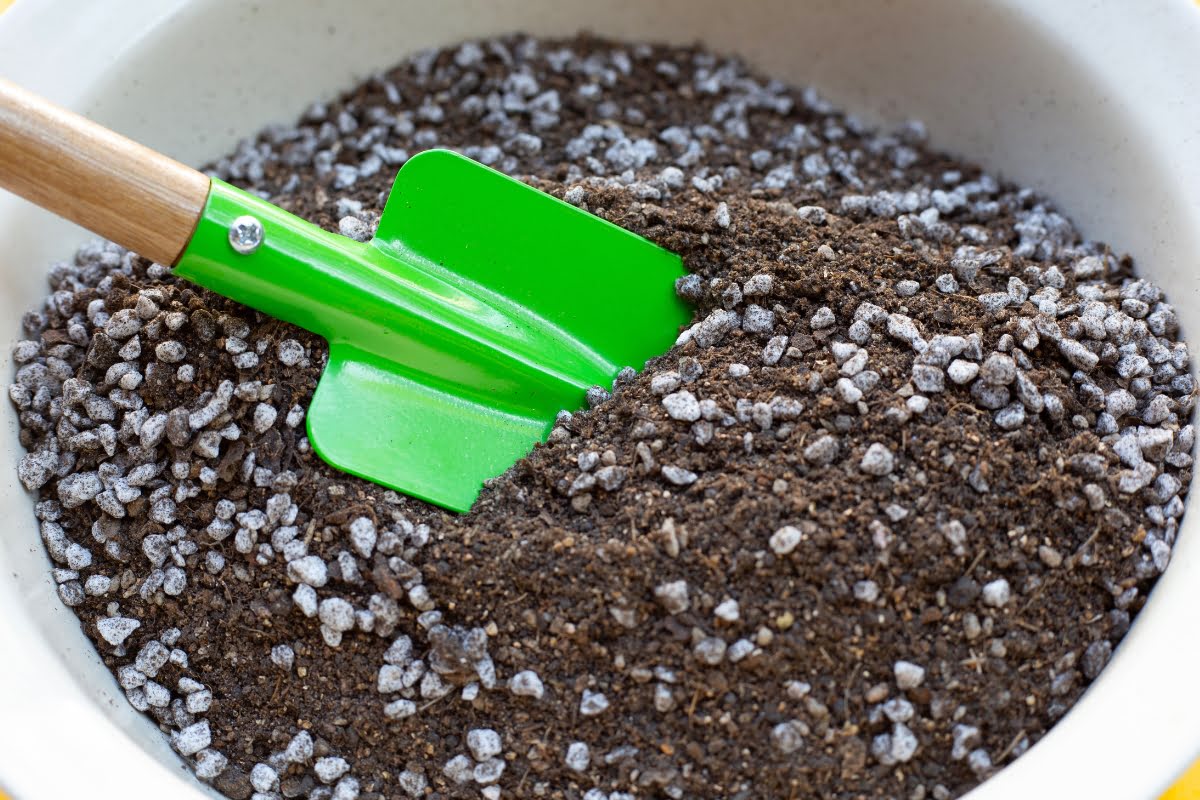
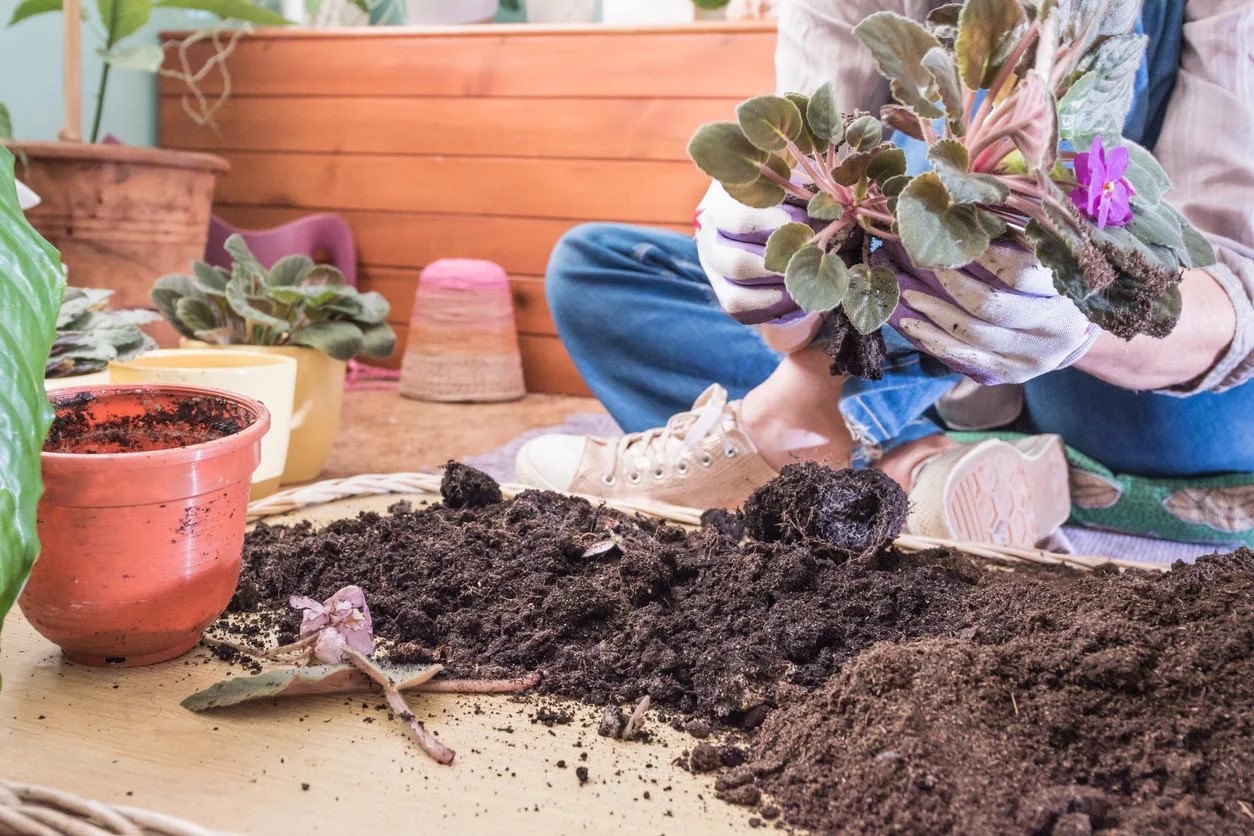
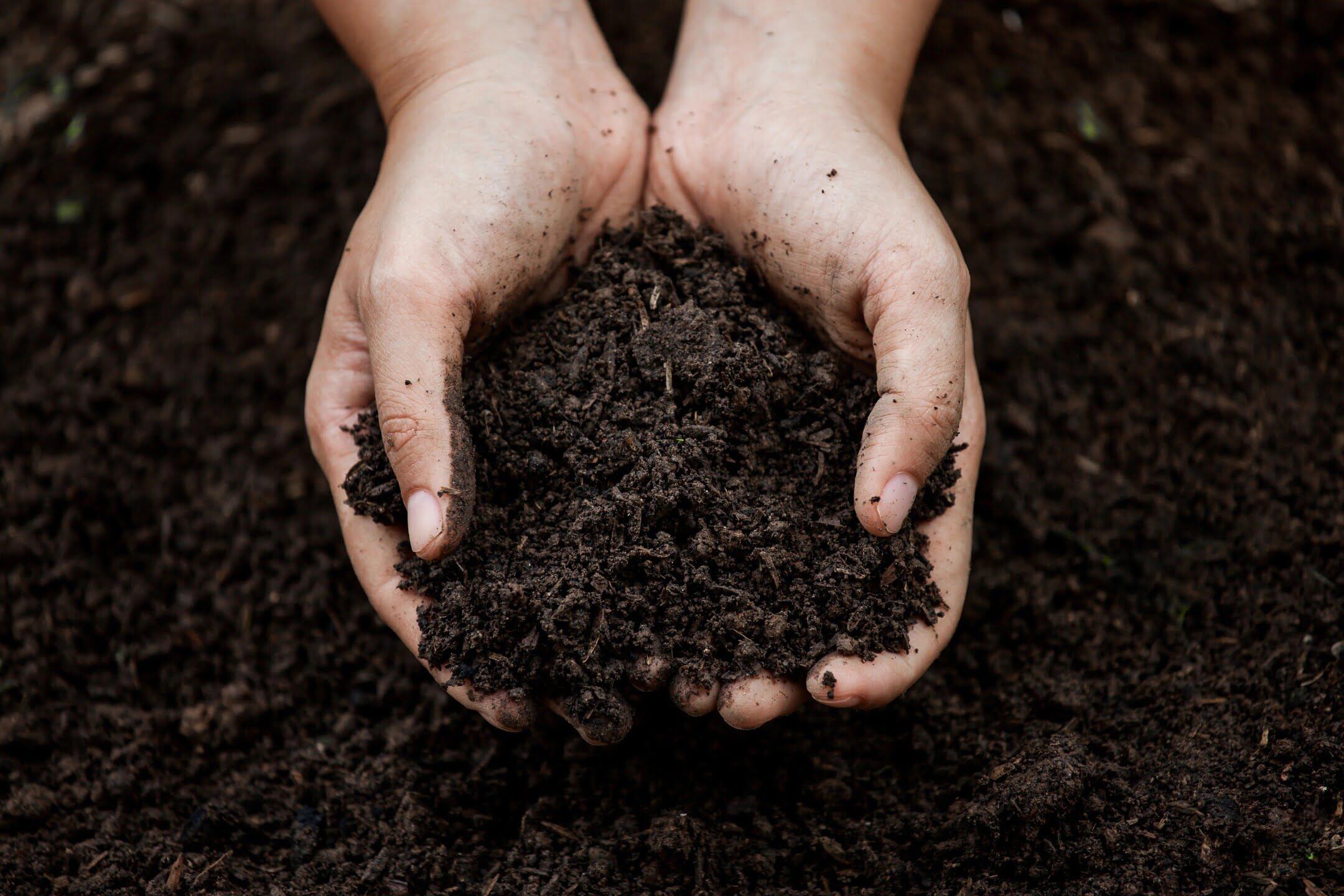
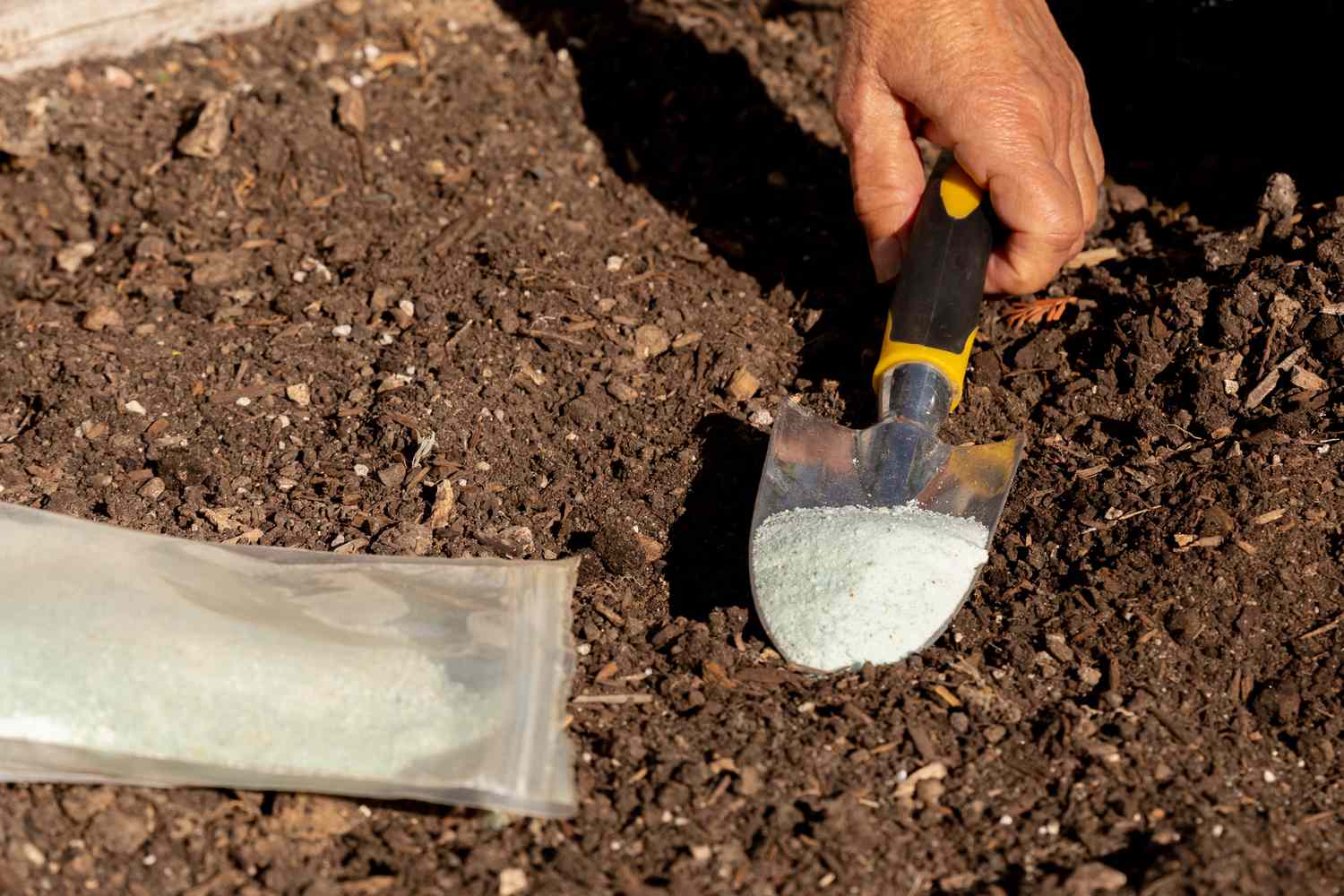
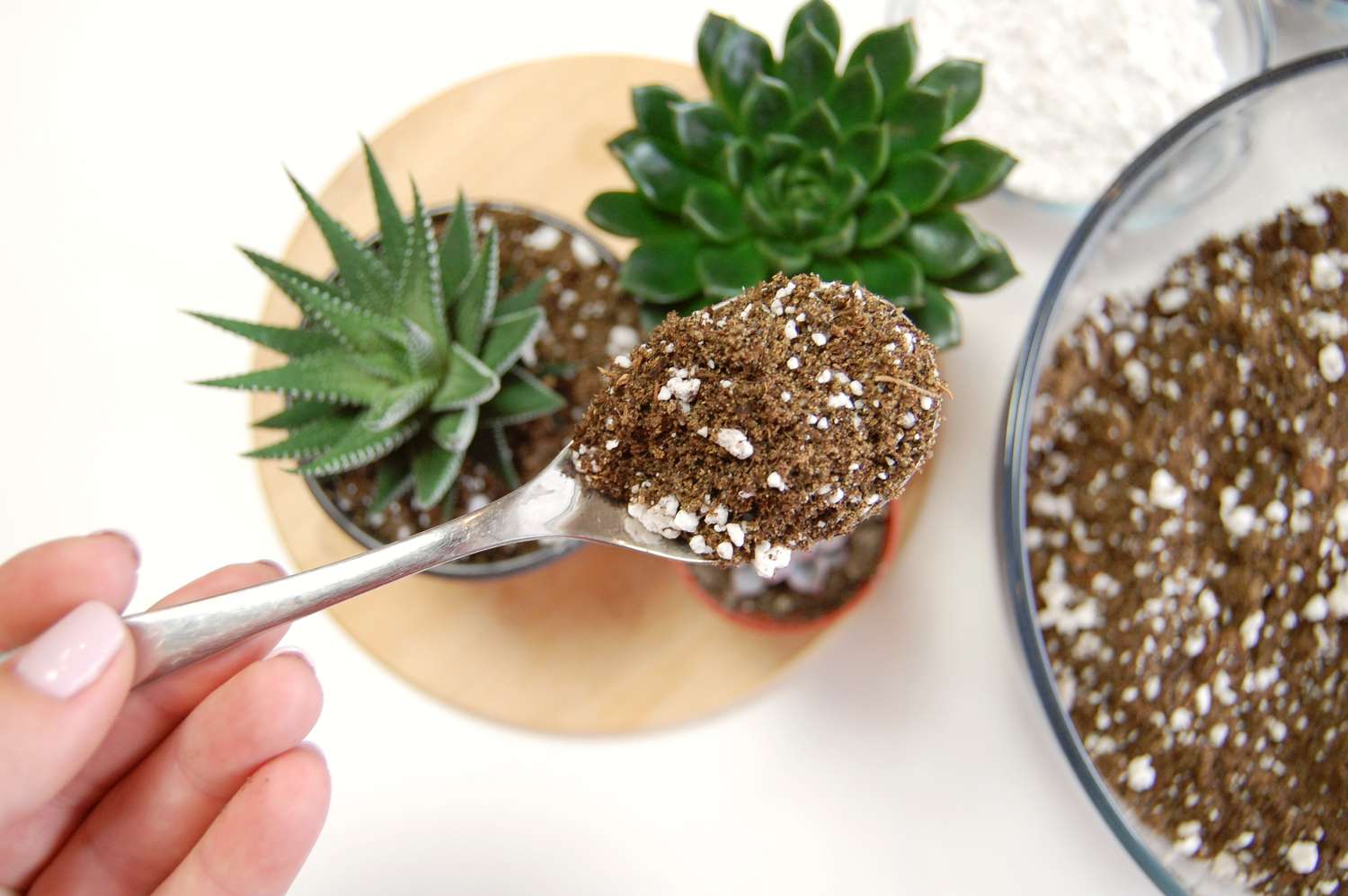
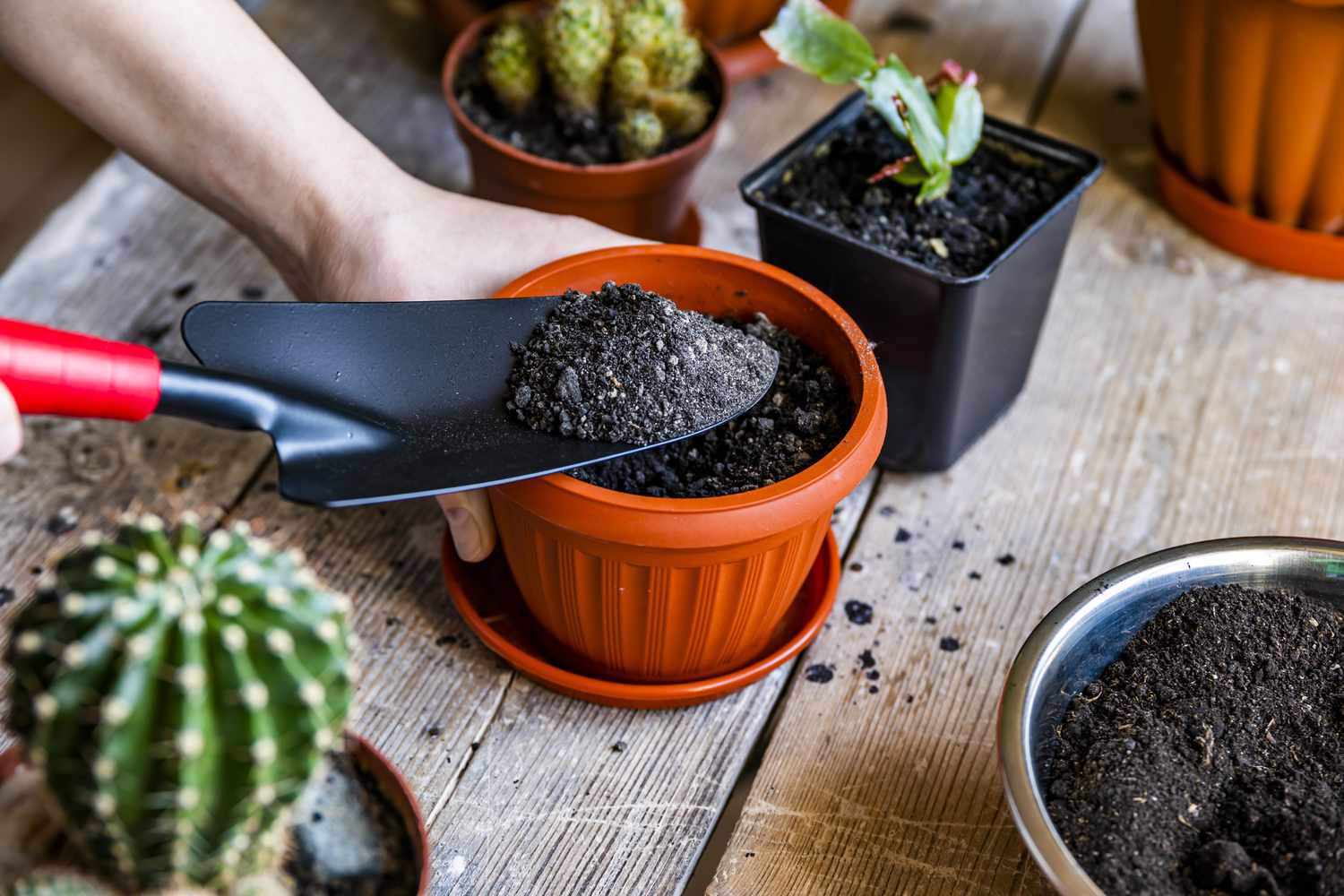
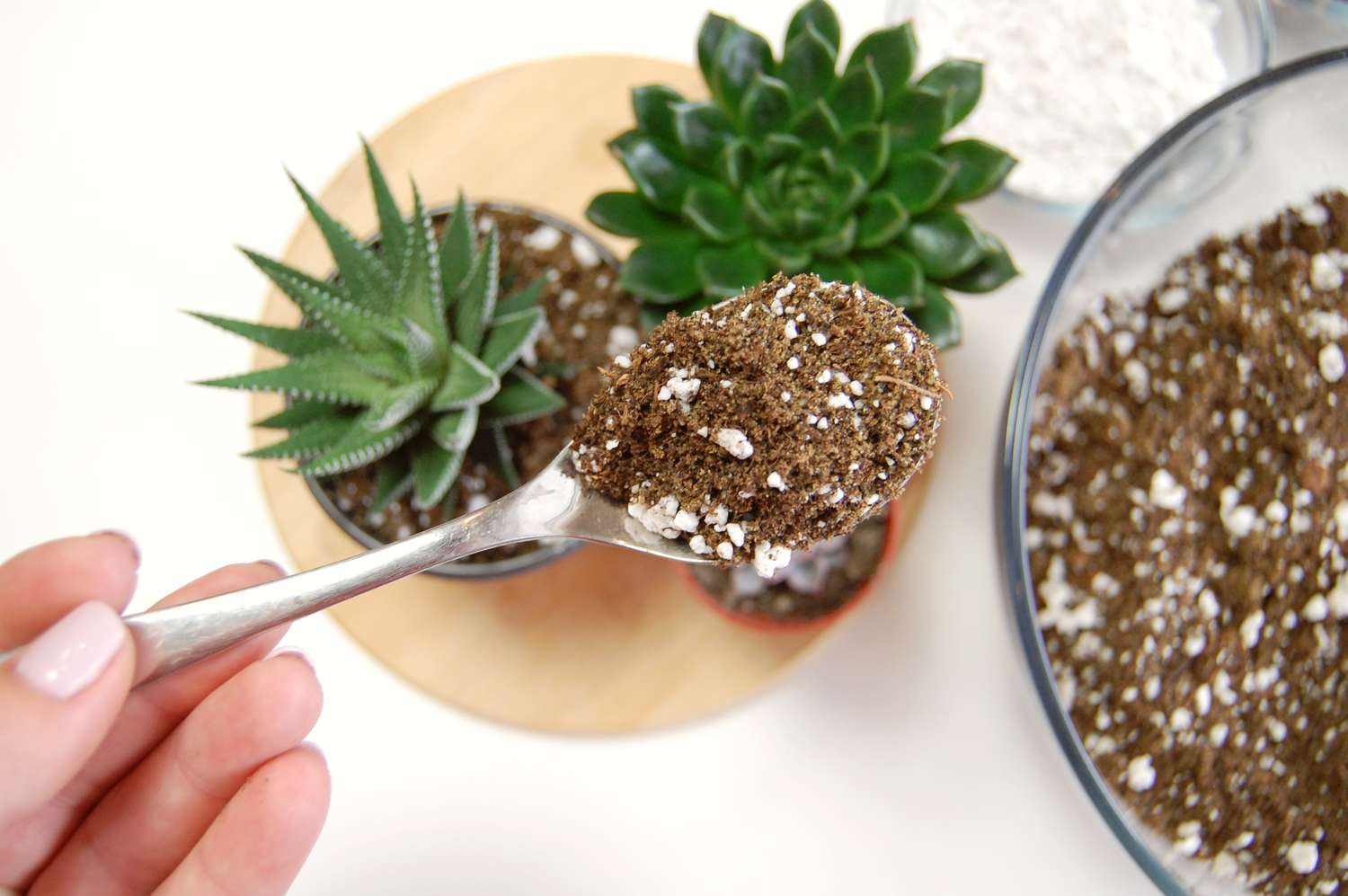
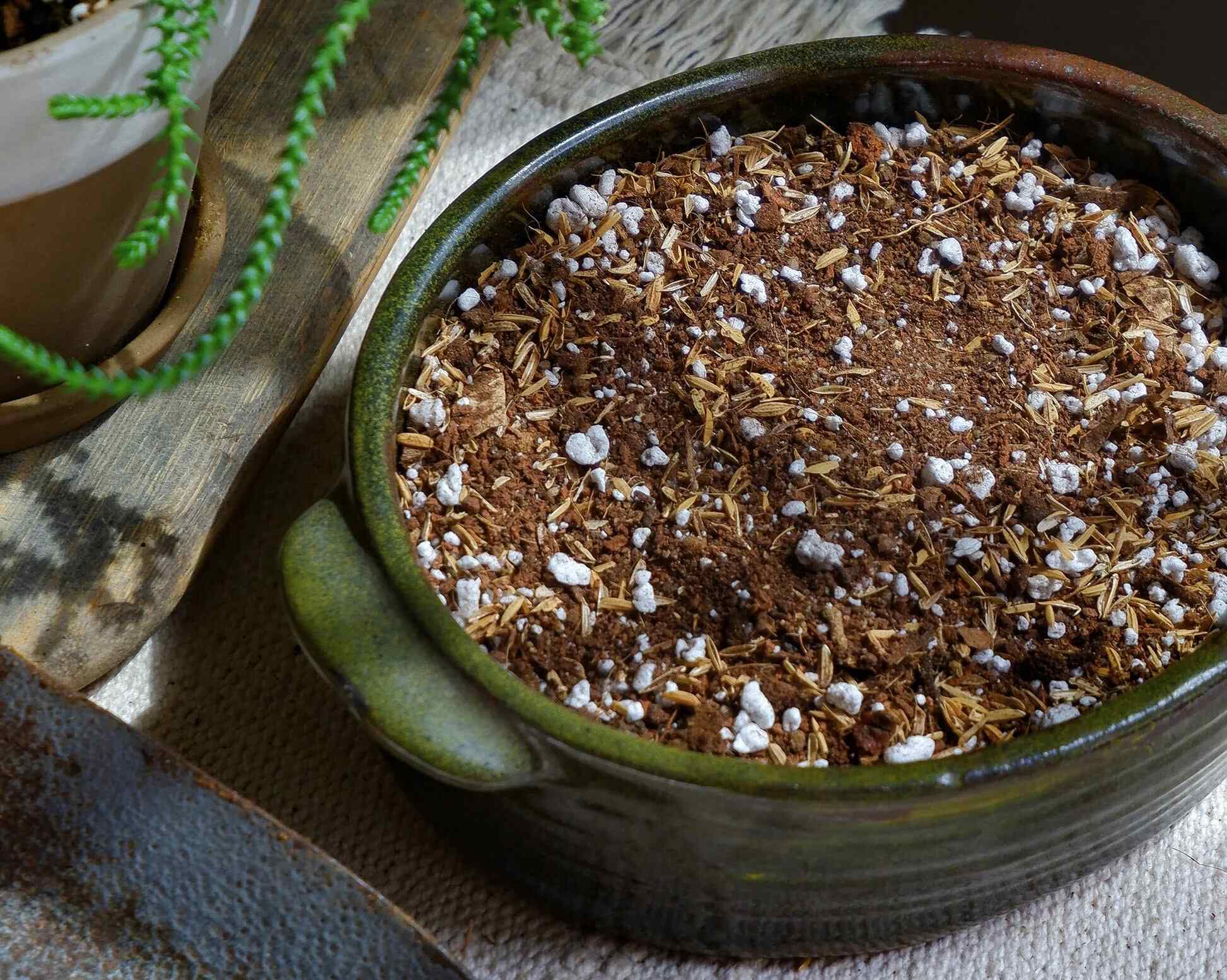
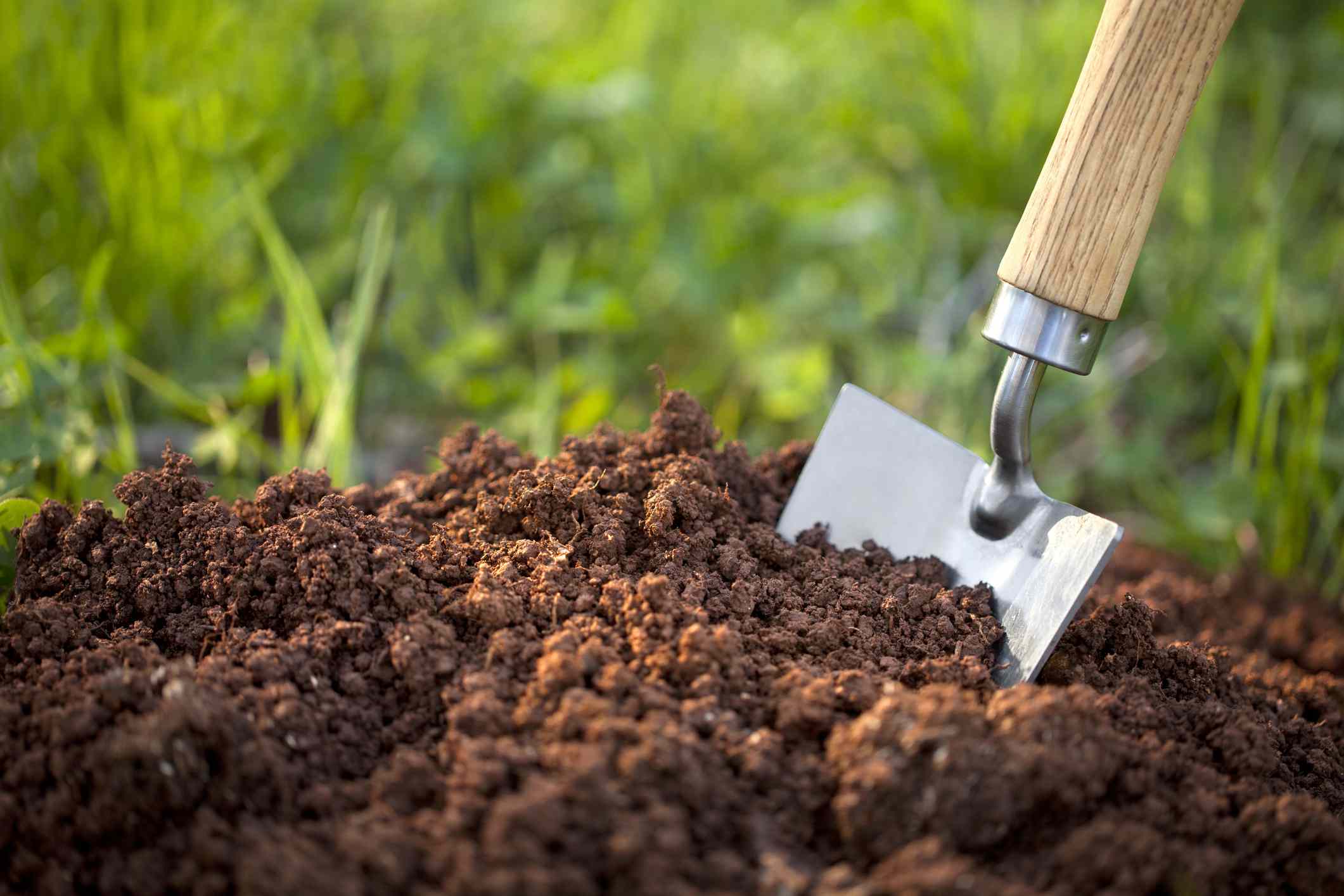
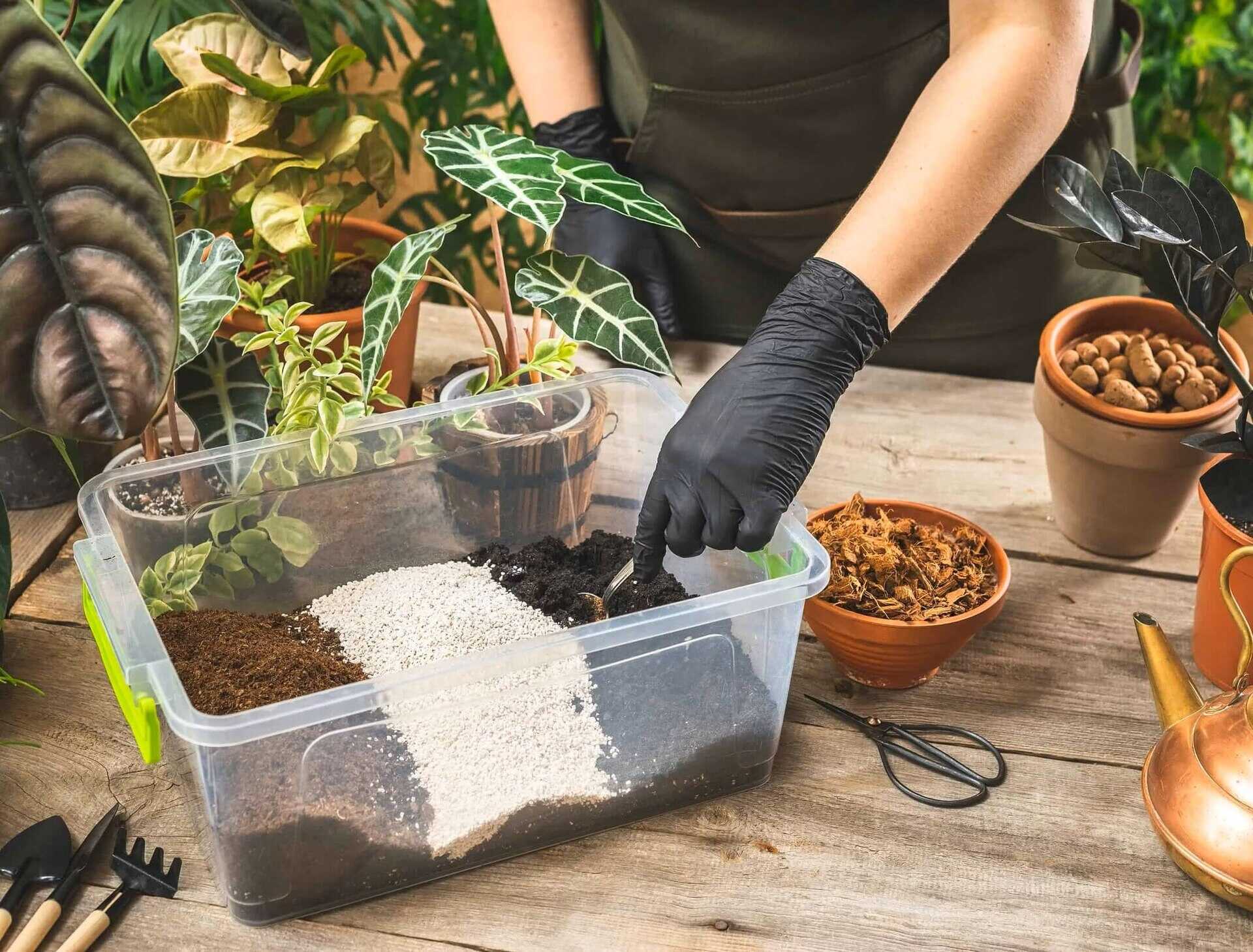
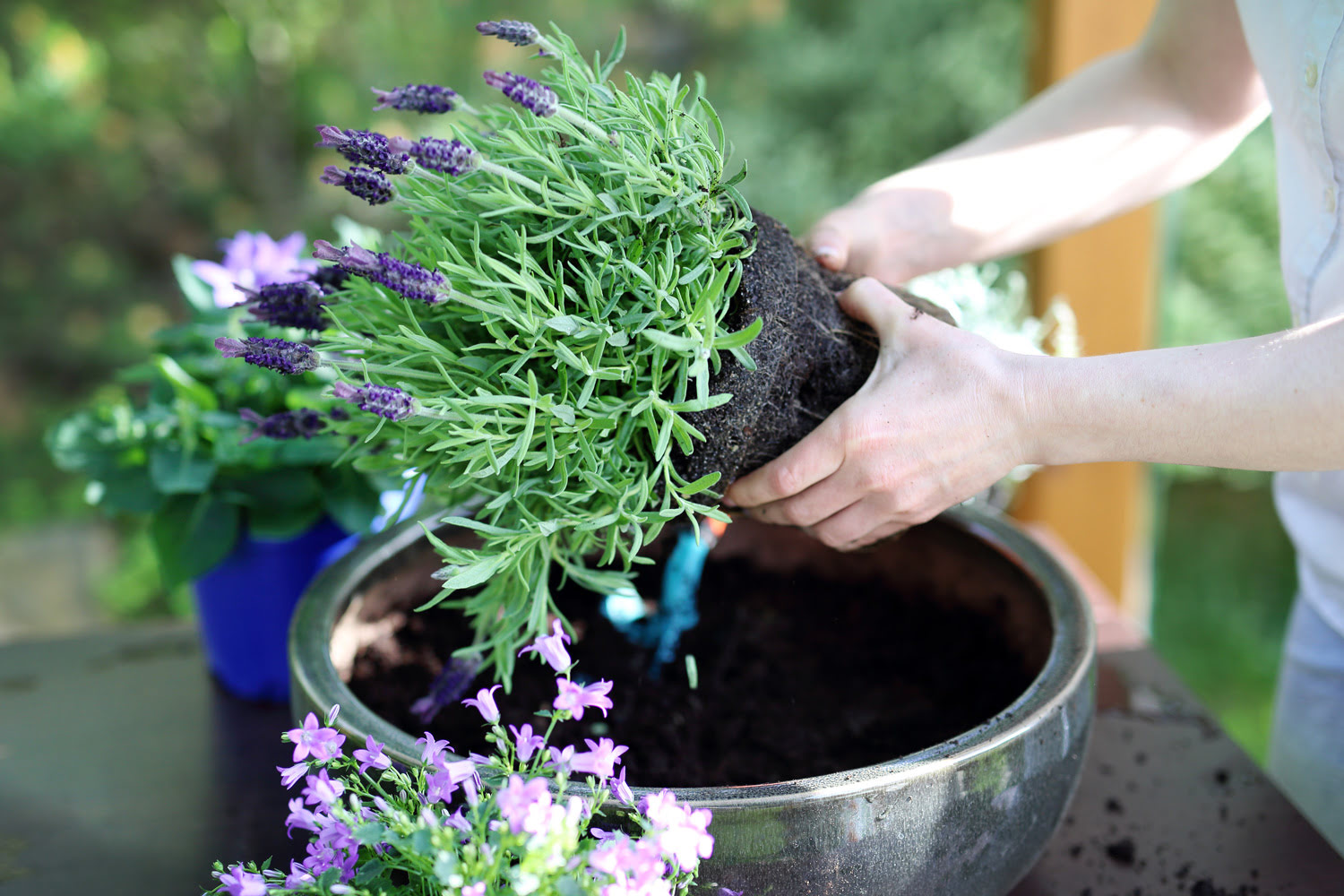
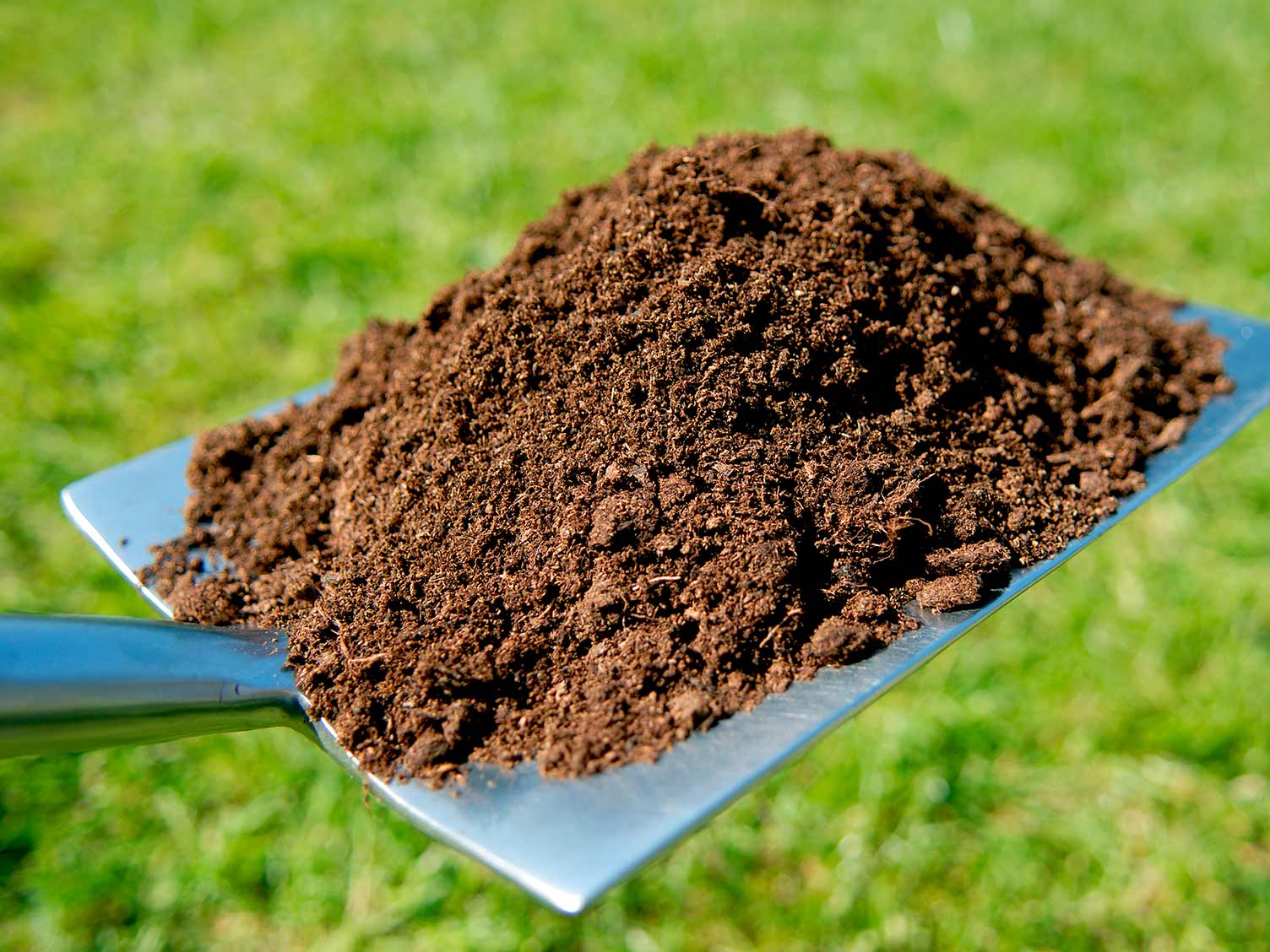
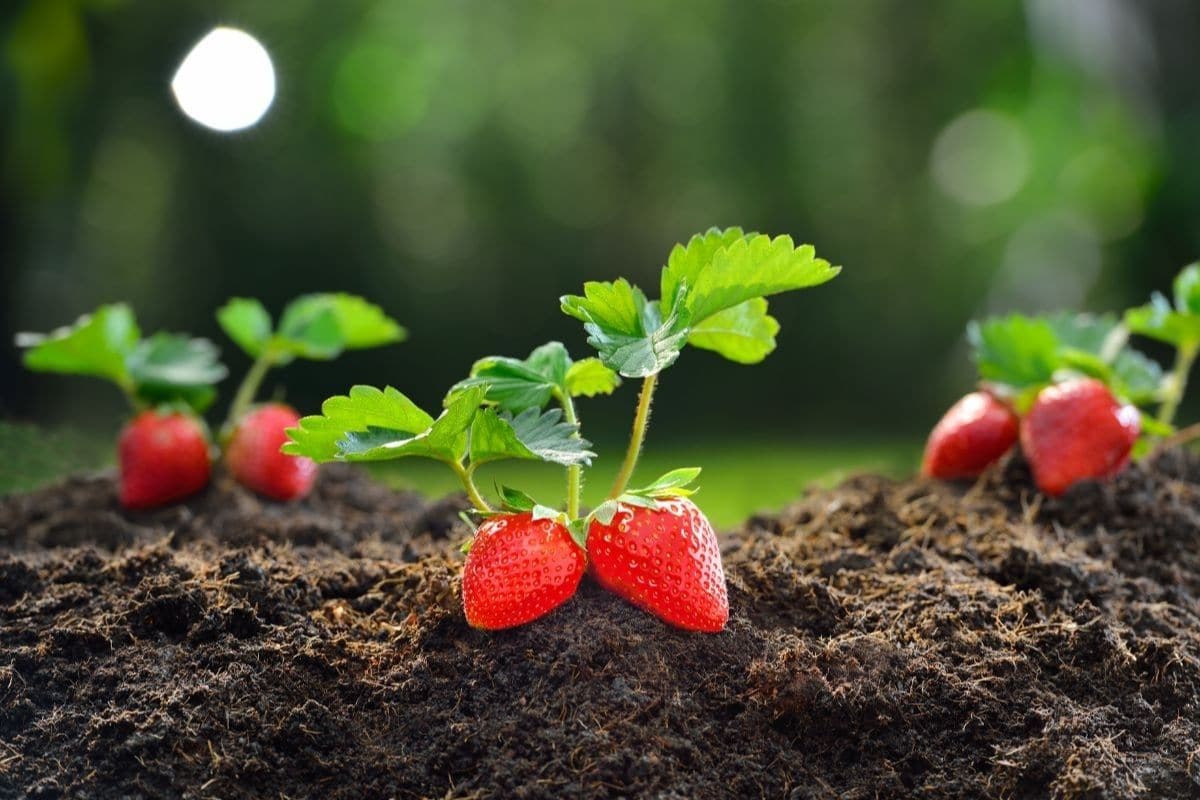

0 thoughts on “How To Make Citrus Soil Mix”